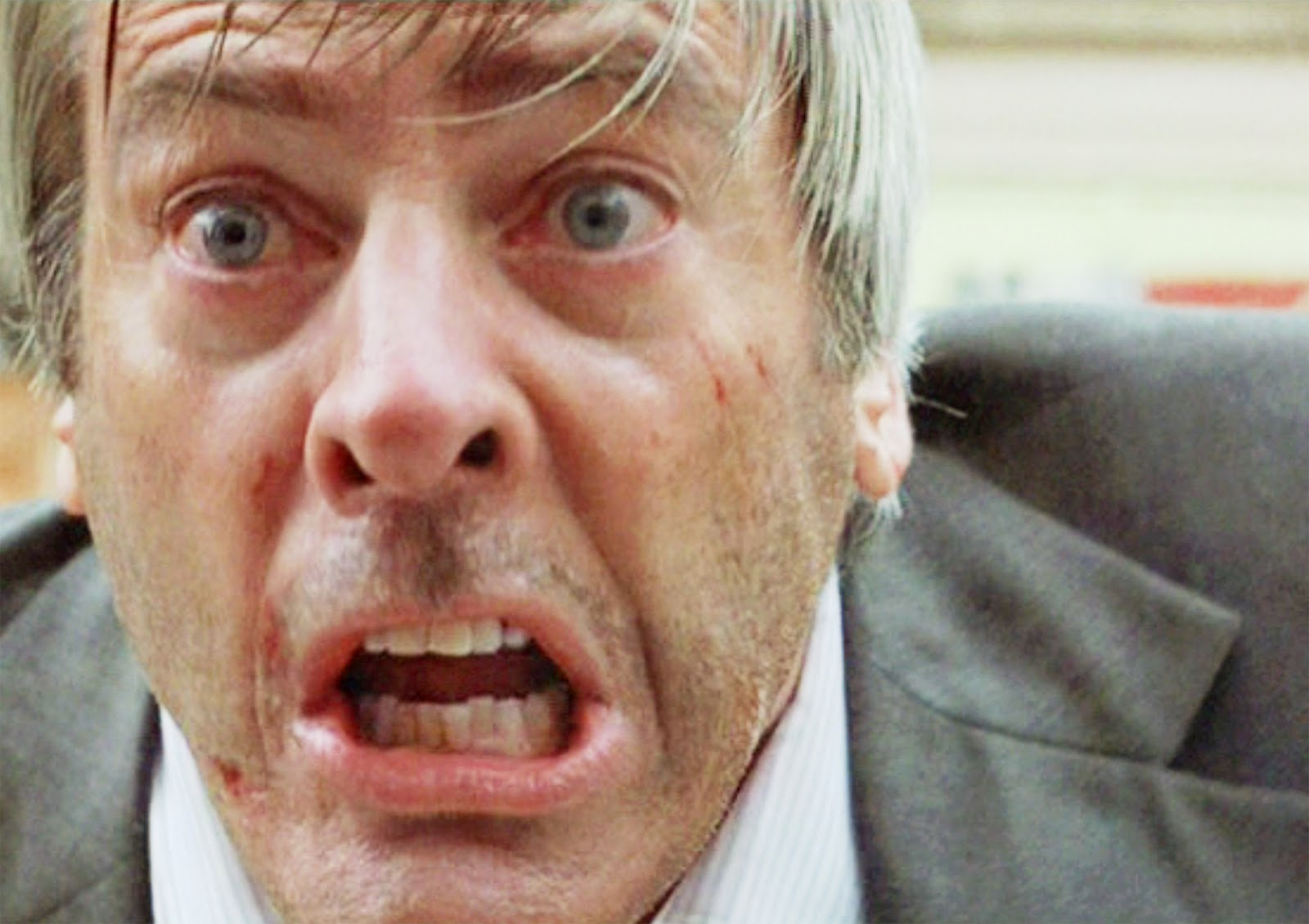I've heard it said that Hollywood is completely devoid of ideas. I still have a great hope that this is not the case. However, two new films: Nine, based on 8 1/2, and a new version of Clash of the Titans are making me revisit an aspect of this issue: the remake.
Unlike others, I have no problem with remakes. You can have great remakes of great films: the 1959 Ben-Hur is a remake of the 1925 silent version, and both Cecil B. DeMille and Alfred Hitchcock remade their own films (The Ten Commandments and The Man Who Knew Too Much respectively). I'm not enough of a purist to demand no one ever touch an old film and see what he/she can do with the story.
Whether it's a good idea or whether the new film actually works is another question. The best thing to do in these cases is simply watch both versions and decide to see which one works. I don't think it should really matter which one is seen first but I leave that to individuals.
I know people who've seen the remake (or re-imagining) of Planet of the Apes first but declared the original the winner, and conversely thought Disturbia was better than Rear Window even if the former was never an "official" remake of the latter.
Now, there is a question of semantics. There are filmmakers who are afraid of the term "remake". Instead, they like to use a new term, "re-imagining". Is there really a difference? Perhaps: a remake acknowledges you are making a new version of a previously made film while a re-imagining you are taking a previously-made film and attempting to make it different in some way. In a re-imagining, one may even want others to pretend the first version doesn't exist.
I know people who've seen the remake (or re-imagining) of Planet of the Apes first but declared the original the winner, and conversely thought Disturbia was better than Rear Window even if the former was never an "official" remake of the latter.
Now, there is a question of semantics. There are filmmakers who are afraid of the term "remake". Instead, they like to use a new term, "re-imagining". Is there really a difference? Perhaps: a remake acknowledges you are making a new version of a previously made film while a re-imagining you are taking a previously-made film and attempting to make it different in some way. In a re-imagining, one may even want others to pretend the first version doesn't exist.
Then there is the "reboot", when you take a previously made property and start fresh by deliberately pretending the previous version/versions don't exist.
Here are examples of each:
When we get a remake or reboot of a previously-made film I shall review the original, then review the new version without comparing one to the other. A comparison of the two or sometimes more versions will come later, at which point I will analyze how and where they fail or succeed and see which is the best version. It's only fair to the creative team of the original to acknowledge their work and to those who worked on the new version to give them the benefit of the doubt.
I will not write out a remake or insist the original is always the best. Both deserve a fair hearing, and Rick's Café Texan will do its utmost to do just that. Twice Told Tales can still be good.
Here are examples of each:
- A.) Remake: Invasion of the Body Snatchers (1956) & Invasion of the Body Snatchers (1978). The story is basically the same (albeit with a few changes to reflect the times), and they acknowledge the original by giving Kevin McCarthy (the star of the original) a cameo role.
- B.) Re-imagining: Psycho (1960) and Psycho (1998). This is a curious case because the new version was made to be a shot for shot copy of the original, but we were told that we were not take into consideration Hitchcock's film. Instead, we were to treat the Gus Van Sant version as if it were an original film. Let me make this clear: they weren't denying the original version, merely presenting the new version as if it were a new film.
- C.) Reboot: Batman (1989) and Batman Begins (2005). The first four Batman films were part of a larger story. When Batman Begins was released, we had to forget the first four ever existed. This is the same theory (in a roundabout way) between something like Star Trek: The Motion Picture and all the films up to Star Trek: Nemesis and the 2009 Star Trek. I imagine this is also how they will handle the new Spider-Man film, where we put aside the Sam Raimi/Tobey Maguire films and go back to Peter Parker's high school days.
When we get a remake or reboot of a previously-made film I shall review the original, then review the new version without comparing one to the other. A comparison of the two or sometimes more versions will come later, at which point I will analyze how and where they fail or succeed and see which is the best version. It's only fair to the creative team of the original to acknowledge their work and to those who worked on the new version to give them the benefit of the doubt.
I will not write out a remake or insist the original is always the best. Both deserve a fair hearing, and Rick's Café Texan will do its utmost to do just that. Twice Told Tales can still be good.

No comments:
Post a Comment
Views are always welcome, but I would ask that no vulgarity be used. Any posts that contain foul language or are bigoted in any way will not be posted.
Thank you.